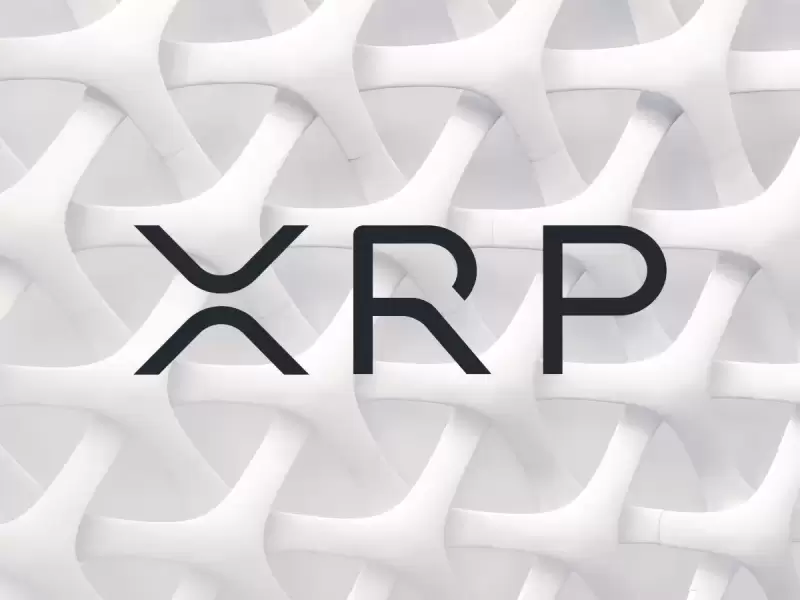 |
|
 |
|
 |
|
 |
|
 |
|
 |
|
 |
|
 |
|
 |
|
 |
|
 |
|
 |
|
 |
|
 |
|
 |
|
Cryptocurrency News Articles
As Countless Crypto Projects Awkwardly Pivot to AI, Eric Winer Has Been Building Bridges for Over a Decade
Apr 24, 2025 at 09:46 pm
At a time when countless crypto projects are awkwardly pivoting toward artificial intelligence

At a time when countless crypto projects are awkwardly pivoting toward artificial intelligence, Eric Winer has spent over a decade building bridges between cutting-edge technology and everyday users. Now, as CTO of NEAR AI, he's pursuing a vision where AI agents negotiate, communicate and transact on our behalf – a vision that could fundamentally reshape how we interact with the digital world.
Winer speaks with the measured enthusiasm of someone who has repeatedly been early to technological revolutions. Having joined the Winklevoss twins as Gemini's first engineer in 2013 and helped launch one of the earliest NFT marketplaces before the term “NFT” became commonplace, he now confronts what may be his most ambitious challenge: creating a decentralized ecosystem of AI agents that preserves user sovereignty in an increasingly AI-mediated future.
Eric Winer is a speaker at Consensus 2025. This interview has been condensed and lightly edited for clarity.
CoinDesk: You've been in crypto for over a decade now. How did that journey lead you to focusing on AI?
Eric Winer: I've been in the crypto world for 11 years now. Eleven years ago I met the Winklevoss twins through mutual acquaintances. They hired me as the first engineer at Gemini, which was the first regulated Bitcoin exchange in America at the time. Our mission from the CEO was to take this fantastic blockchain technology (really just Bitcoin at the time) and apply some grown-up engineering around it so that it could be effectively adopted by institutions, governments, and people broadly.
Back in 2013-2014, Coinbase was around, but it was kind of a rinky-dink Silicon Valley startup at a time before there was really much of a fintech culture even in California. So it wasn't particularly well-built. We were building Gemini in New York City with people who knew how money worked and trying to build not just for cryptography enthusiasts, but for the masses.
I've always been trying to get blockchain technology over the adoption barrier to reach a place where people would be using it, perhaps under the hood, to make the world more efficient and give people more sovereignty, even if they don't know it.
CoinDesk: And that led you to NFTs before most people had even heard the term, right?
Eric Winer: Within Gemini, we acquired a company called Nifty Gateway, which was basically the third NFT startup after OpenSea and CryptoKitties. We launched what was the first NFT marketplace targeted at "normies" in March 2020. It ended up growing by about 1000% month over month for a few months, going from selling a thousand dollars of NFTs to selling a hundred million dollars of NFTs in a day.
This exposed a lot of people to the world of collectibles and art online, right in the middle of the pandemic. From there they got bit by the NFT bug and then by the crypto bug, bringing them into the blockchain ecosystem as a whole.
Personally, I think the promise of NFTs got unfortunately co-opted by the crypto and speculation crowd. Nifty Gateway never used the term "NFT" on its website or in its materials when it launched. We fought against that even becoming what it was called. NFT is just a thing, but online. We were selling art, selling tickets. Having to assign a technical moniker and put that into the public, I think, was actually counterproductive at the end of the day.
CoinDesk: Many crypto projects seem to be awkwardly pivoting toward AI without a clear vision. What makes NEAR AI's approach different?
Eric Winer: Near AI is a fascinating company because the founders of Near actually started by building an AI company. They began as an AI company, trying to train models to write code around 2017-2018. It was a little early for that to be effective at the time.
AGI has always been the vision here. Near AI is less a "crypto x AI" company than it is an AI company that's vision-aligned with the same purpose of Near. Near's vision is for users to own their own data, own their own decision making, not be beholden to corporate, financial, or governmental interests, and be able to decide where their money goes and how their decisions are made.
Whether that's done via a blockchain or done via an AI model, you have to have both. If we don't have a user-owned AI effort going, then we'll lose the game because everybody will start using ChatGPT for everything in their world, and whatever ChatGPT uses for payments is whatever you'll use for payments. Then blockchain loses because you didn't win the AI battle – not the crypto x AI battle, but the real actual AI battle.
Near AI does have interactions with blockchains, including Near, because we think that Near and other blockchains are a good way of doing things.
Disclaimer:info@kdj.com
The information provided is not trading advice. kdj.com does not assume any responsibility for any investments made based on the information provided in this article. Cryptocurrencies are highly volatile and it is highly recommended that you invest with caution after thorough research!
If you believe that the content used on this website infringes your copyright, please contact us immediately (info@kdj.com) and we will delete it promptly.
-

-

-

-

-

-

-

-

-

- Tether Investments — the investment arm of leading stablecoin issuer Tether — acquired additional shares in Juventus Football Club.
- Apr 25, 2025 at 02:20 am
- According to an April 24 announcement, with its latest investment, Tether brought its total participation in Juventus to over 10.12% of the issued share capital.




























































